MercoPress. South Atlantic News Agency
Tag: brazilean currency
-
Wednesday, March 13th 2024 - 06:19 UTC
Brazil's massive goods foreign trade is in US dollars but there are incipient deals in Euros and Reais
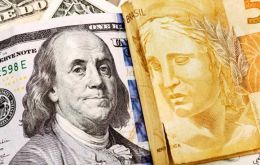
Brazil's foreign trade in goods, some US$ 640bn annually is done mostly in US dollars, some 95%, but there are some inroads to other currencies such as the Euro and its own Brazilian Reais. These figure come from an annual report on trade operations’ currency statements compiled by Brazil’s Foreign Trade Secretariat of the Ministry of Development, Industry, Trade, and Services (Secex-MDIC), and revealed last week.
-
Monday, April 3rd 2023 - 09:24 UTC
China and Brazil reach accord to trade with their own currencies, avoiding the US dollar
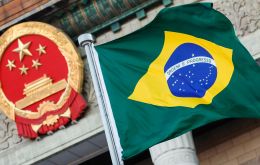
China and Brazil have reached a deal to trade in their own currencies, ditching the US dollar as a common currency, the Brazilian government said on Wednesday, March 29. China has become Brazil's main trading partner.
-
Thursday, July 4th 2019 - 08:02 UTC
Brazil's currency Real turned 25 this month, a true feat for a country whipped for decades with inflation
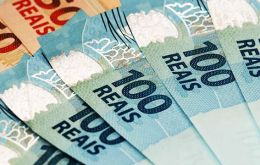
Brazil’s Real turned 25 years on Monday, July first. It’s already the longest circulating currency in the contemporary history of Brazil, having achieved this feat without fanfare in 2018 when it surpassed the cruzeiro.
-
Wednesday, February 15th 2017 - 09:12 UTC
Brazilian currency at its strongest against the US dollar since July 2015
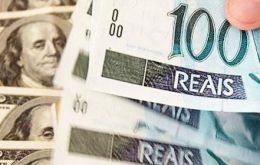
The Brazilian real gained on Tuesday to its strongest level in more than a year and a half, following a rise in capital inflows and after the central bank resumed currency intervention following a two-week pause. The real firmed 0.45% to 3.096 real per dollar, its strongest showing since July 2015.
-
Friday, July 24th 2015 - 10:39 UTC
Brazilian currency and markets drop on latest fiscal savings goals

Brazil's currency, the Real, tumbled on Thursday after the government announced it would slash its fiscal savings goals for this year and next, raising investor fears that the country may lose its investment-grade credit rating.
-
Sunday, March 15th 2015 - 02:33 UTC
Argentina will keep to its monetary policy despite a 20% devaluation of the Brazilian Real
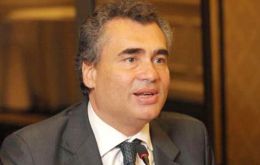
Argentina’s central bank governor Alejandro Vanoli said that despite the continued erosion of the Brazilian currency against the US dollar, which ended the week trading at 3.28 Real to the greenback, monetary policy will continue to manage the foreign exchange to avoid volatility and ensure economic growth.
-
Wednesday, July 2nd 2014 - 07:27 UTC
Two decades of the Real, the currency that helped Brazil trust financial stability
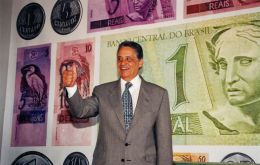
Twenty years ago, first July 1994, after decades of financial turmoil, Brazil introduced its current currency, the Real, marking a turning point in the country's fight against hyperinflation.
-
Friday, November 23rd 2012 - 21:15 UTC
Brazil steering its currency to competitive ground for manufacturing
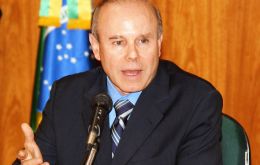
Brazil's exchange rate is at a reasonable level though not totally satisfactory said Finance Minister Guido Mantega on Friday, in an indication that the government is prepared to further weaken the Real to boost a still weak economy.
-
Thursday, April 7th 2011 - 10:15 UTC
Brazil’s latest effort to stem flood of capital and contain the ‘Mighty Real’

Brazil unveiled Wednesday the latest effort to stem a flood of foreign capital that is driving the local currency sky-high and undermining the competitiveness of the country’s exports. Finance Minister Guido Mantega blamed the currency woes on the Federal Reserve policy that keeps US interest rates near zero.
